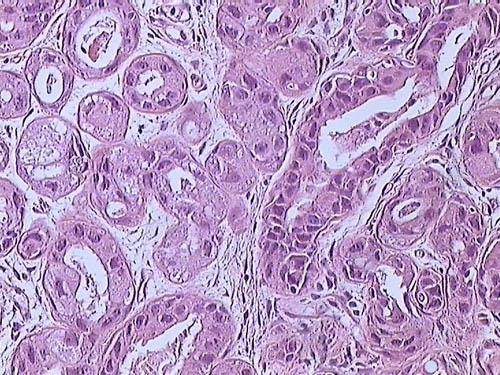THE country’s health watchdog has been branded “feeble” in failing to prevent nearly 12,000 deaths caused by work related cancers.
A Health and Safety Executive board meeting report last week revealed that cancers were to blame for 8,000 to 12,000 deaths per year due to occupational illness.
But according to an occupational health expert more needs to be done to stop people being exposed to dangerous work environments.

Nearly 14,000 new cases of workplace cancers are registered every year realrted to exposure from toxic chemicals and pollution.
The biggest killer according to the HSE is asbestos which is accountable for 4,000 deaths per year.
There are around 1.8million tradesmen who are at risk of contracting mesothelioma which causes cancers of the lung, larynx and stomach from asbestos exposure.
Almost 800 deaths per year are caused by breathing in silica dust – stonemasons, quarriers and foundry workers are especially a risk from this.
More than 600 deaths in drivers, miners and construction workers are linked to inhaling exhaust emissions from diesel engines.
There is even evidence that suggests that prolonged night-shift work is responsible for 500 people dying from breast cancer every year.
Other occupational hazards that induce cancer are paints, welding, toxic chemicals used in dry cleaning and the radioactive gas radon.
There were reports earlier in the week that a significant level of radon gas was found in four schools in Orkney.
The HSE only recently ended its “hidden killer” campaign for highlighting the dangers of asbestos.
But Professor Andrew Watterson fromStirlingUniversity’s occupational and environmental health research group is angry at the HSE’s apparent lack of effectiveness.
He said: “The HSE occupational cancer prevention strategy is stalled an its actions are feeble.
“The consequences for many employees may literally be lethal and the economic costs for businesses and the NHS considerable.
“Frittering”
Prof Watterson claimed that health bosses are guilty of failing to take action since the 1980s.
He also claimed that inspectors of power plants are being pulled from checking on cancer-causing chemicals
He added: “It appears to lack expertise and staff to address this subject, partly due to the rundown of its occupational medicine staff and the massive Westminster cuts that it has received.
“Instead it is frittering time away on relatively sterile debates about attributable fractions and drawing on partnerships and pledges that don’t work.”
A HSE spokeswoman said: “HSE takes an evidence-based approach to occupational cancer, focusing in particular on identifying those activities and industry sectors that present the greatest risks and working with stakeholders to identify effective and sustainable solutions.
“The board agreed that HSE should continue to engage industry partners and with others who may be better placed to deliver successful interventions in this difficult area.”
